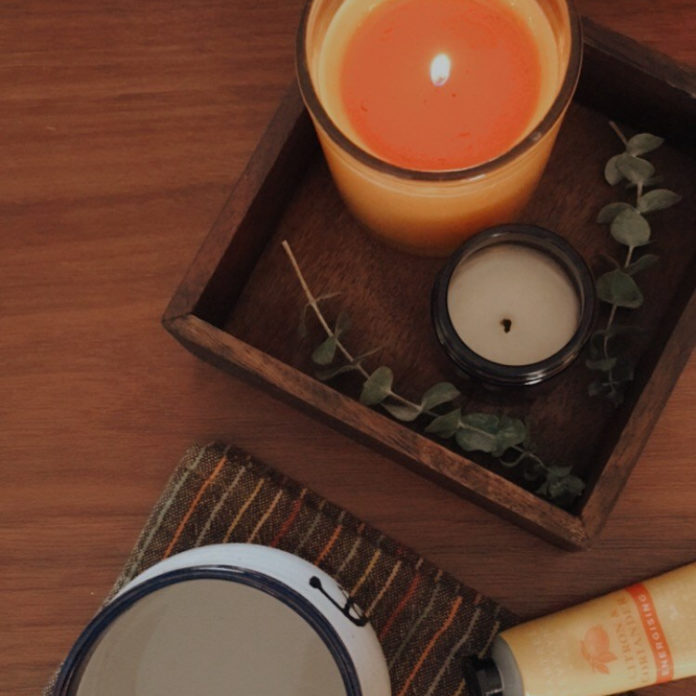Source: The Conversation (Au and NZ) – By Crystal Abidin, Senior Research Fellow & ARC DECRA, Internet Studies, Curtin University, Curtin University
For many of us who are used to working regular hours in an office, home-based isolation and lockdown is a novel and even unnerving experience.
However, East Asian home vloggers (video bloggers) have been documenting their days of “hanging out at home as a lifestyle” and sharing the small joys of home.
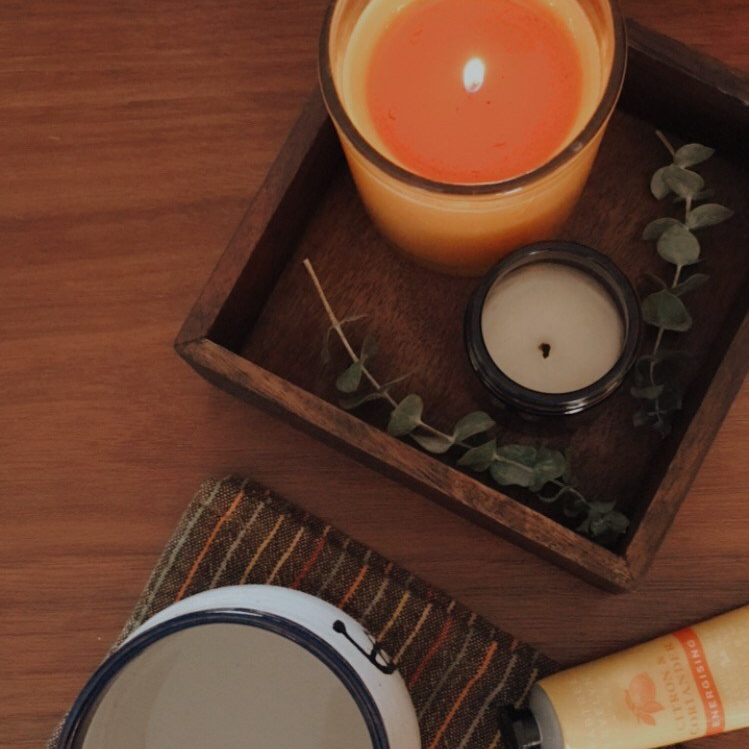
I have been researching how social media influencers in East Asia are sharing knowledge with different audiences by observing a group of Chinese, Japanese, and South Korean YouTubers. Their accounts show they are particularly good at chronicling the ebb and flow of daily life. They have lessons to teach those of us grappling with being “stuck at home”.
Soothing routines
I came to discover this online community while away from home for research. Peeking into the houses and homemaking routines of strangers in far away places brought me vicarious comfort.
Home vlogging focuses on performances and feelings of domesticity, privileging a slow and drawn-out pacing of everyday chores and mundane routines that are reframed to be hypnotically soothing.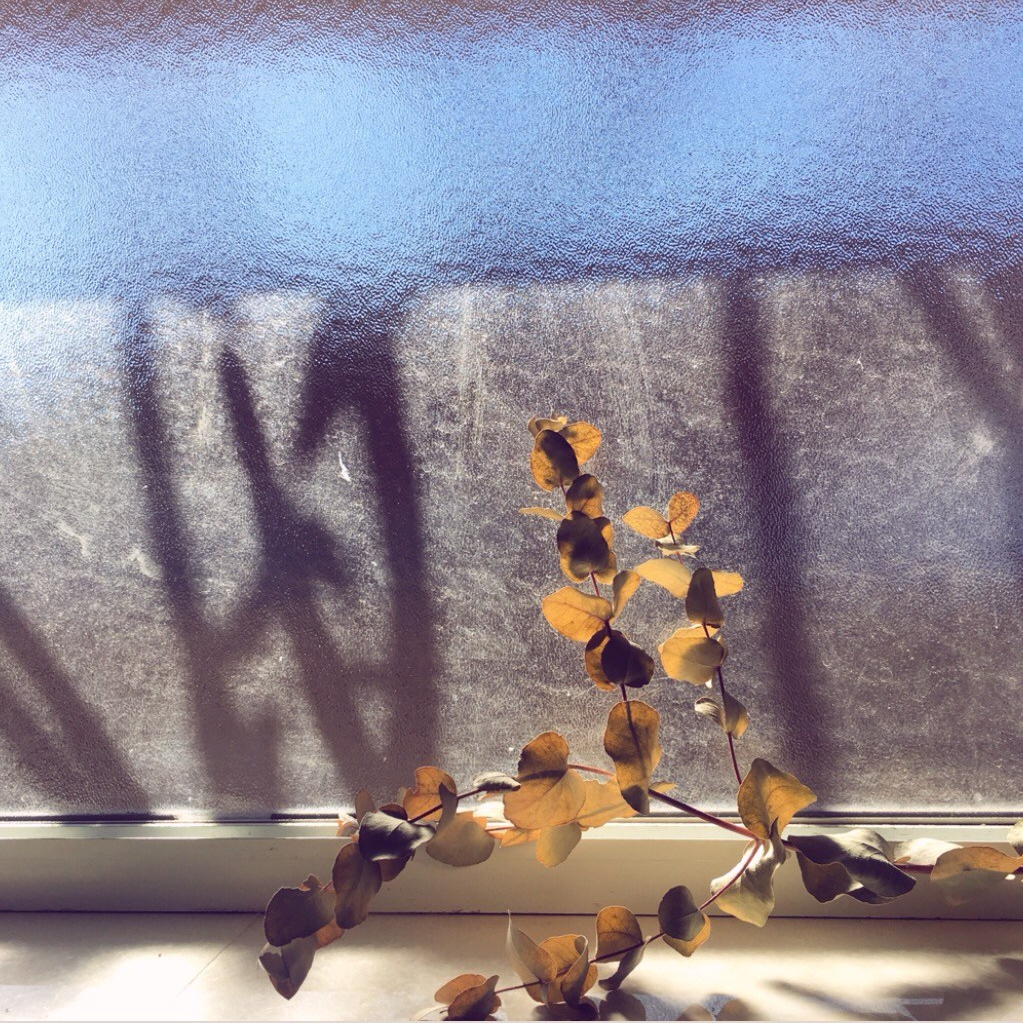
Home vlogs turn the mundane routines of everyday life into mini-occasions: drawing the curtains as the morning sunlight floods into a room, listening to the kettle boil to the sounds of bubbling effervescence, watching the laundry tumble through the round glass door of a washing machine. They prioritise highly aestheticised, calming, and mindful ways of spending quality time at home.
The videos follow the daily rhythms of chores and mundane practices, compartmentalised to foster a sense of achievement and to mark the passing of time.
Home maintenance is portrayed as a mindful and even enjoyable activity rather than a chore; hospitality is practised through sprucing up the home and preparing meals for family members; and the house is a locus for meaningful exchanges with other people, with objects, and within one’s self.
Many home vloggers are adults who don’t work a 9-to-5 office job, but those who do appear to maintain impeccable work-life balance. They include the likes of South Korean 슛뚜sueddu (a freelance illustrator and artist who works from home) and 해그린달 haegreendal (a stay-home mum who cares for her child and home exquisitely). Japanese 少ない物ですっきり暮らす lives in a traditional Japanese house and Mocha is a hobbyist baker who lives by the sea.
Lessons at home
Despite their diverse backgrounds, each of these home vloggers shares an ethos about privileging the home as their primary place of activity, as opposed to venturing into the “outside world”.
They draw from past experience and introspection about working life to share personal stories about mindfulness (say reducing environmental waste), wellness (homemaking as therapy), recovery (opting to freelance or take a break from work due to overwork culture), and recuperation (improving mental and physical health).
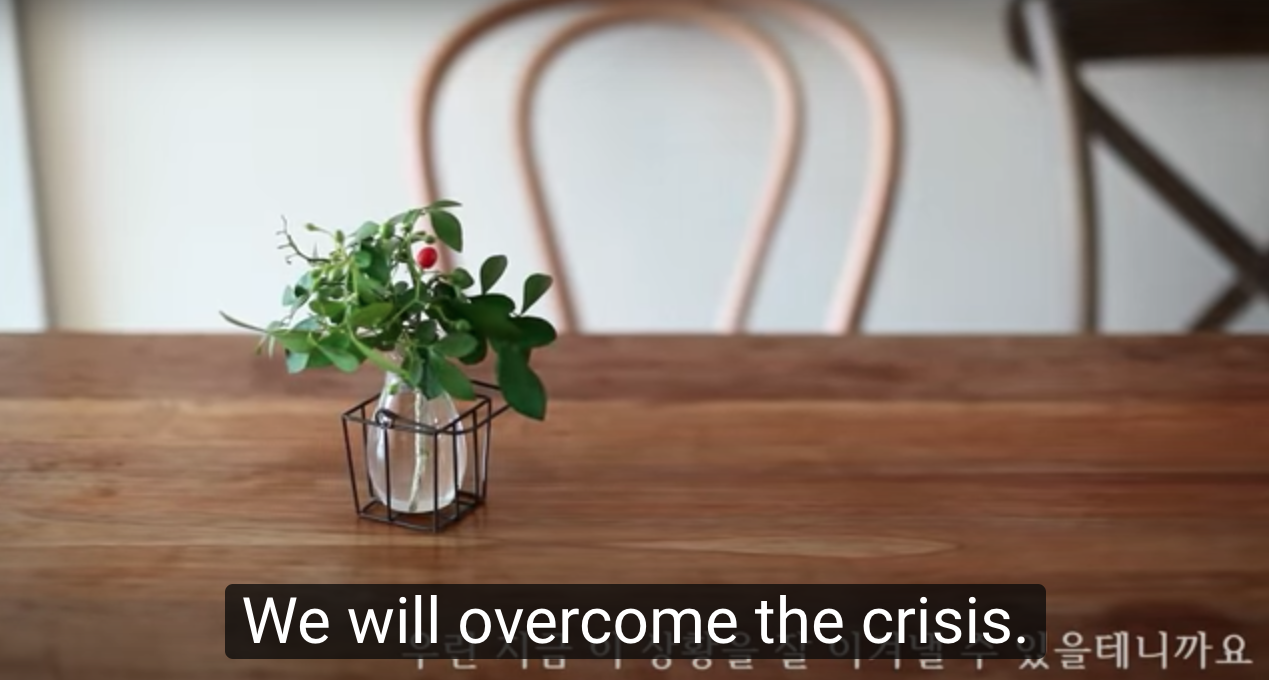
Crucially, these personal stories are still narrated through the vehicle of the home. As the scenes pan across different areas of a room or house, peacefully lingering or gently zooming into different corners to focus on household artefacts, thoroughly dusting an assortment of cutlery can become a lesson on the importance of diligence, whereas watching plants bloom and glisten in the sun can become a reminder that hope can be found even in the most difficult of situations.
East Asian home vlogs tend to pull away from the body as the focal point, departing from many Western YouTubers who favor talking head videos or hosting home tours. Instead, the narrative is driven by small light text that dots across the screen in captions, occasionally supplemented by light storytelling. Many home vlogs have become so popular that viewers from around the world contribute to subtitles.
Tacit labors
It takes great effort to romanticise the experience and construction of a home. For these East Asian home vloggers, the leisurely and light tonality of their videos obscures the reality of hard work, diverse skillsets, and middle-class consumption required to sustain a pipeline of high quality home vlogs, at times for well over a million subscribers.
These include conscientious housekeeping, periodic refurbishment of the home to keep viewers interested in fresh contents, and strategically embedding sponsorship into the narrative without disrupting the calm visual flow. They are exemplars of the “tacit labours” required by social media influencers, a collective practice of work that is understated and so thoroughly rehearsed that it appears as effortless and subconscious.
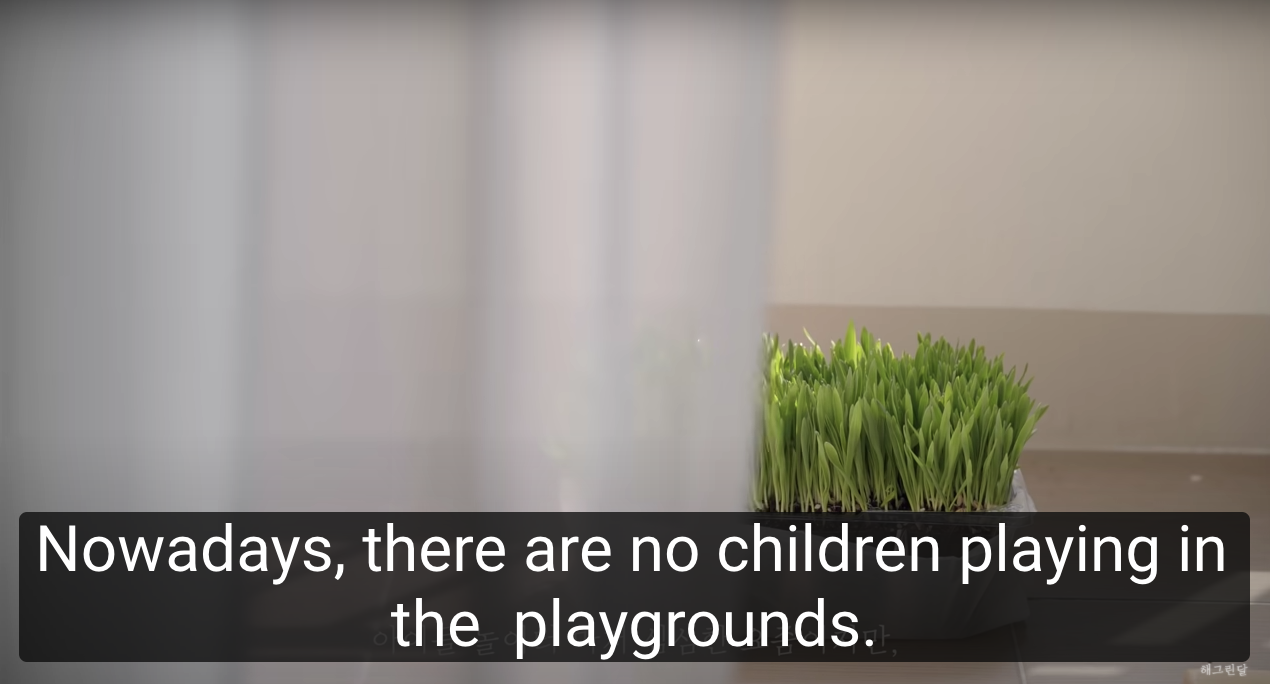
A place of safety
East Asian citizens were among the first to experience COVID-19 from late-December. As such they provide a hopeful glimpse of everyday living adjusted to accommodate a global pandemic. They show a calming pace to grow into new lifestyle changes, and a gentle reminder to make the best of our situations.
Their seamless integration of COVID-19 mentions into their vlogs feels soothing, focused on personal coping strategies rather than on health advisories or rumours that have sent some platforms into panic around misinformation and demonetisation.
In the time of COVID-19, where many of us are involuntarily pulled back into our households for extended periods and made to convert our most intimate spaces into workplaces, these home vloggers provide a form of optimistic solace, a hopeful message. For those of us who might like to pursue a new relationship with our houses, perhaps they can be an inspirational template for how to approach “hanging out at home as a lifestyle”.
– ref. Slow living and the art of home maintenance: East Asian vloggers celebrate the domestic space – https://theconversation.com/slow-living-and-the-art-of-home-maintenance-east-asian-vloggers-celebrate-the-domestic-space-135555


